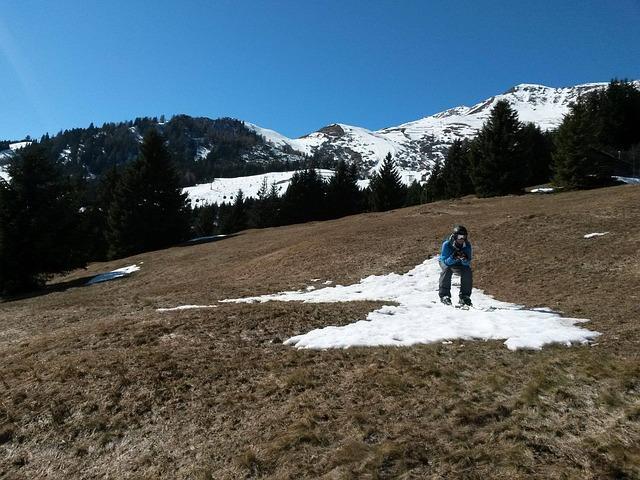Sustainability and the economy
By Sariah-Ruth S. Coleman
 Aside from pollution caused by skiers driving their cars up to the ski areas, environmental concerns also affect the economy. With growing concern for the enactment of sustainable practices in ski resort areas in the U.S., the central role of ski tourism in the Utah economy has mounted attention as an issue as well. Utah’s fourteen ski resort areas generate the majority of the seven billion dollars a year earned by the state’s tourism industry; therefore, environmentally friendly and sustainable practices are vital not only in daily operations, but stakeholders and local community businesses that depend on the revenue generated by tourism to preserve their economic viability.
Aside from pollution caused by skiers driving their cars up to the ski areas, environmental concerns also affect the economy. With growing concern for the enactment of sustainable practices in ski resort areas in the U.S., the central role of ski tourism in the Utah economy has mounted attention as an issue as well. Utah’s fourteen ski resort areas generate the majority of the seven billion dollars a year earned by the state’s tourism industry; therefore, environmentally friendly and sustainable practices are vital not only in daily operations, but stakeholders and local community businesses that depend on the revenue generated by tourism to preserve their economic viability.
 Lack of understanding among local business owners and community members and gaps in reporting by each ski resort area have resulted due to the varying levels of implementation and marketing of environmental practices and initiatives in Utah. To create policy changes and spur innovation and adoption of sustainable practices, awareness, above all, must be raised among everyone involved in the ski industry. From the corporations that run the resorts to community businesses and skiers themselves, the entire supply chain contributing to environmental strain must be informed of the benefits of going green. Small businesses must be supported and made aware of how they can integrate sustainability into their business models, and communication throughout the winter sports community must be fostered in order for everyone to work together to conserve the environment. Smaller ski shops can carry more sustainably sourced and environmentally friendly equipment, while skiers can support the community by choosing to shop local, instead of buying their gear from larger retailers. A study conducted by Karl R. Smerecnik and Peter A. Andersen of San Diego State University examined the dispersion of innovations pertaining to environmental sustainability in hotels and ski resorts throughout North America via an electronic survey, distributed to 49 hotels and resorts. It was hypothesized that a hotel/resort manager’s understanding of sustainability would correlate with the implementation of the innovations. The study revealed that the perceived logic, simplicity, and relative advantage of sustainable practices was strongly associated with the adoption of such practices. To increase the rate of adoption, innovations concerning sustainability must focus on simplicity and ease of transition into more environmentally friendly practices.
Lack of understanding among local business owners and community members and gaps in reporting by each ski resort area have resulted due to the varying levels of implementation and marketing of environmental practices and initiatives in Utah. To create policy changes and spur innovation and adoption of sustainable practices, awareness, above all, must be raised among everyone involved in the ski industry. From the corporations that run the resorts to community businesses and skiers themselves, the entire supply chain contributing to environmental strain must be informed of the benefits of going green. Small businesses must be supported and made aware of how they can integrate sustainability into their business models, and communication throughout the winter sports community must be fostered in order for everyone to work together to conserve the environment. Smaller ski shops can carry more sustainably sourced and environmentally friendly equipment, while skiers can support the community by choosing to shop local, instead of buying their gear from larger retailers. A study conducted by Karl R. Smerecnik and Peter A. Andersen of San Diego State University examined the dispersion of innovations pertaining to environmental sustainability in hotels and ski resorts throughout North America via an electronic survey, distributed to 49 hotels and resorts. It was hypothesized that a hotel/resort manager’s understanding of sustainability would correlate with the implementation of the innovations. The study revealed that the perceived logic, simplicity, and relative advantage of sustainable practices was strongly associated with the adoption of such practices. To increase the rate of adoption, innovations concerning sustainability must focus on simplicity and ease of transition into more environmentally friendly practices.
To conserve the natural resources of the canyons, corporations may have to make choices that seem to narrow their margin of profit, but ultimately, sustainable practices are more lucrative—business may be slower, but it will be able to continue on for longer. Sustainability is a far greater issue than our generation can imagine, and it would be a shame to see winter sports reduced to a symbol of retrospective regret.
